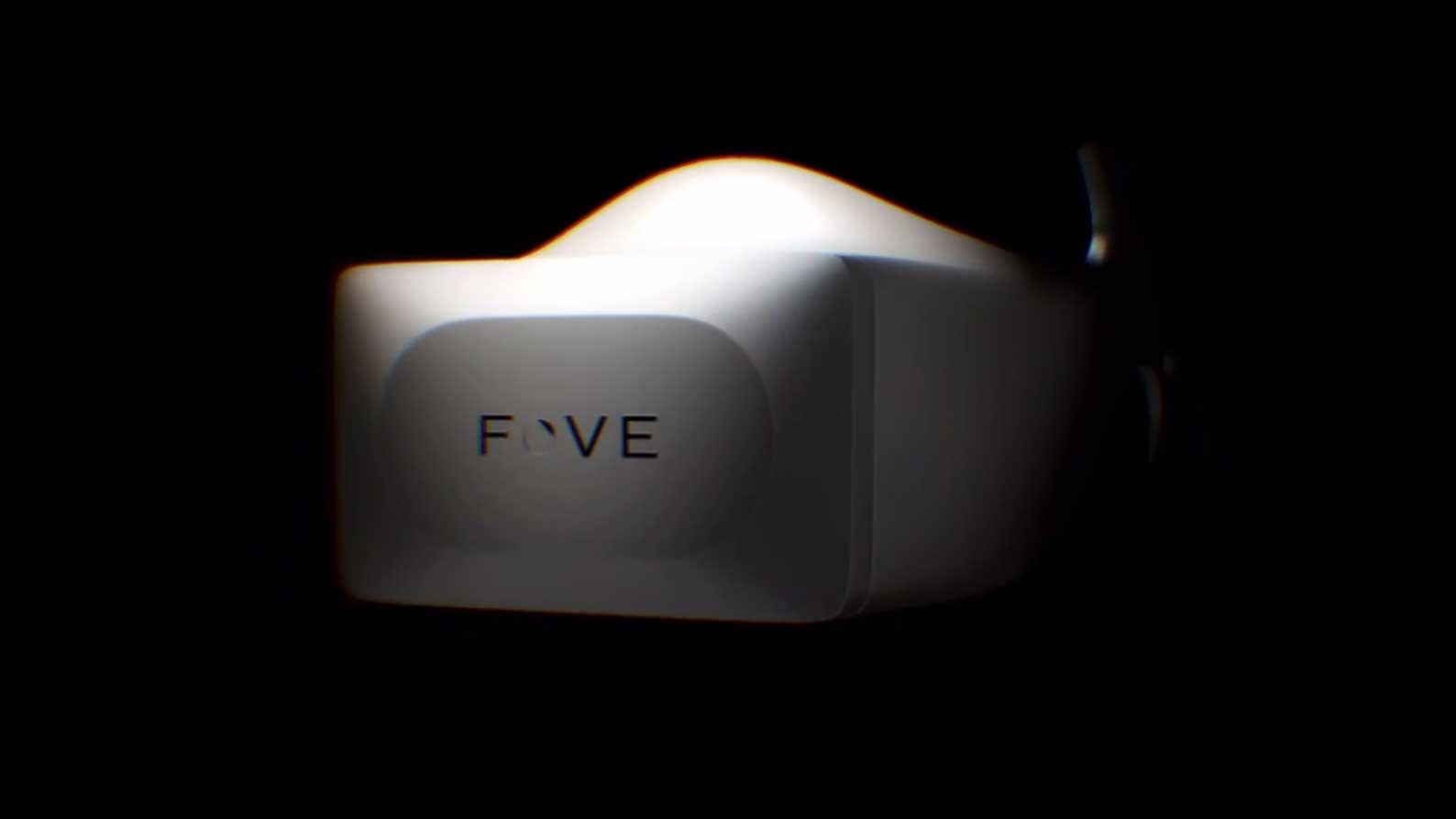Microsoft linked to eye-tracking VR headset, possibly to one-up Oculus
Could it have gaming in mind?

TechRadar was recently told by sources that Microsoft is still well behind Oculus Rift in terms of its virtual reality plans, and a new report seems to echo that fact - but there's a possibility that Redmond may soon leap into first place.
Microsoft is apparently sniffing around the company behind FOVE, which is claimed to be the world's first head-mounted eye-tracking display.
The creators have just been accepted into Microsoft Ventures London, a programme set up to help promising tech start-ups get off the ground.
It's worth noting that the Ventures scheme was made to be for UK business only, with FOVE being the first Japanese company to be included. The company told TechRadar that it will be relocating from Japan to London in order to partake in Microsoft's programme.
On sight
With eye-tracking, Fove goes one step further than Oculus and opens up a lot more possibilities for the headset when it comes to gaming.
But interestingly, it's noted that Fove's makers are also looking into medical uses for the device such as allowing people to control tech with their eyes, reminding us of a rumour that Microsoft is working on wearable that could help blind people better navigate the world around them.
Like Apple and Google, Microsoft may well have health and wellbeing in sight for its next big area of tech-sploration.
Get daily insight, inspiration and deals in your inbox
Sign up for breaking news, reviews, opinion, top tech deals, and more.
Via Eurogamer
Hugh Langley is the ex-News Editor of TechRadar. He had written for many magazines and websites including Business Insider, The Telegraph, IGN, Gizmodo, Entrepreneur Magazine, WIRED (UK), TrustedReviews, Business Insider Australia, Business Insider India, Business Insider Singapore, Wareable, The Ambient and more.
Hugh is now a correspondent at Business Insider covering Google and Alphabet, and has the unfortunate distinction of accidentally linking the TechRadar homepage to a rival publication.




















